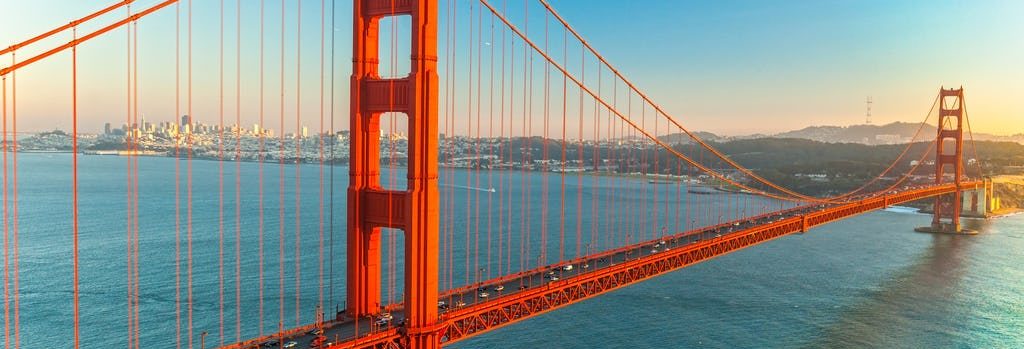Saul Alinsky
Alinsky’s tradition of organizing was focused on mass numbers of people turning out for a specific “winnable” cause. Alinsky believed that without a mass base of support, “the organizer “has nothing with which to confront anything” (Alinsky 1971, 113 via Martinson & Su, 61). Alinsky was also well-known for his belief that issues against which to fight should be “good issues” meaning, “one that is simple, specific, and winnable.” (Martinson & Su, 61). Although the idea of winnable issues seems increasingly farfetched in issues in public education, the Alliance for Reclaiming our Schools does focus on funding battles, for which there is more clearcut directions given to elected officials. Their outward message is less about systemic racism or complex change to entire systems, but rather, pleas for reconsideration of specific tax codes and efforts to encourage mass voting on propositions. These efforts, in some ways, are entirely more winnable, especially with its massive, nationwide base participation, than efforts such as flipping the entire SFUSD school-choice system on its axis.
Paulo Freire
Freire’s ideology was in part characterized by the idea of liberation, that “gives people the tools to analyze their situation and take action to transform themselves and their conditions.”(Martinson & Su, 65). In many ways, Freire’s philosophy directly responds to the idea of opportunity gaps. Freire’s driving belief is that individuals must be educated, both about themselves and the systems around them, in order to, effectively, change their circumstances and therefore close opportunity gaps. Freire’s highly criticized the traditional “banking system” of education, in which teachers “deposit” information into students’ heads. Freire’s concern with the banking model of education “was that it kept learners from attaining a “critical consciousness” regarding sources of oppression and inequity; it thereby kept people from becoming agents of social change in their lives and their communities.” (Martinson & Su, 65). The SF Families Union focuses greatly on community education, and believes the only way to change a system that oppresses you is to understand that system deeply and then use your voice to fight against it.
Ella Baker
Baker’s model of participatory democracy is undoubtedly relevant to the efforts at play in San Francisco. Baker promoted the idea of ‘participatory democracy’ “a principle that involved people on the grassroots level in the decision-making process.” (Mueller, 6). She actively opposed attention of the media or hierarchy in leadership, and believed strongly that change happened when people came together. Baker’s role in the Montgomery Improvement Association of 1955 involved a strategy of “voting power and mass direct action”. (Mueller, 87). Until voting equality was established and protected for people of all races, Baker and her peers’ belief was that it was necessary “to rely more and more on mass direct action as the one realistic political weapon.’ The Montgomery effort “showed that the center of gravity had shifted from the courts to community action.” (Mueller, 87). In many ways, the “power to the people” nature of Baker’s ideology reflects much of the work of the Alliance to Reclaim Our Schools, an organization that encourages participatory democracy and uses its power to encourage certain voting behavior.
